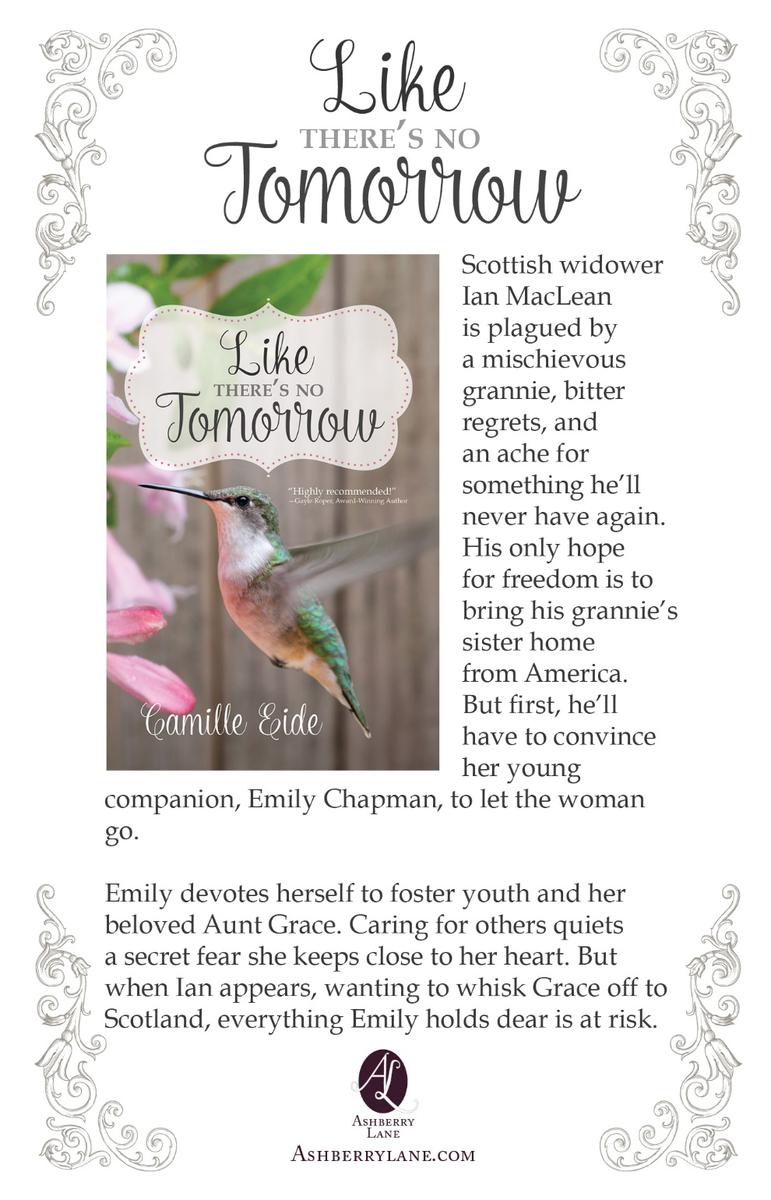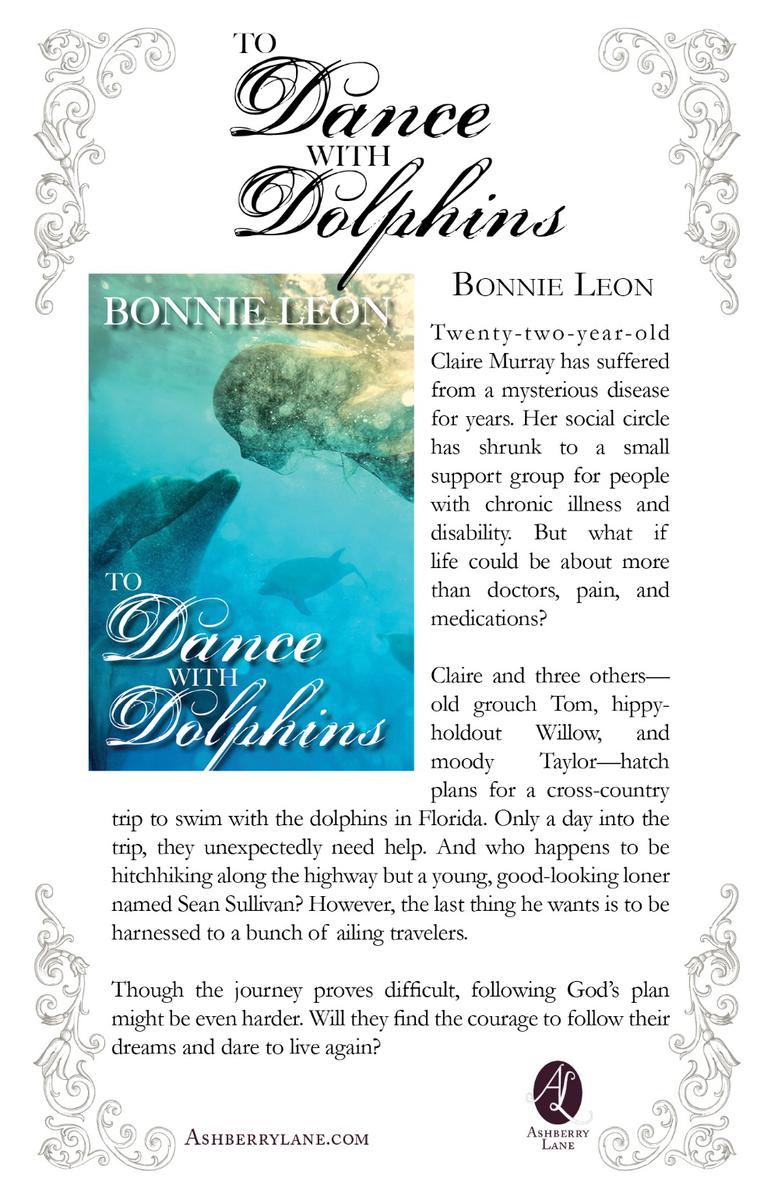The Memoir of Johnny Devine (40 page)
Read The Memoir of Johnny Devine Online
Authors: Camille Eide
Tags: #wwii army, #christian historical romance, #1950s mccarthyism, #hollywood legend heartthrob star, #oppressive inequality and injustice, #paranoia fear red scare, #reputation womanizer, #stenographer war widow single, #stray cat lonely, #war hero injured

“
What’s that?”
He leaned down and brushed her lips with a
light kiss, then held her tight. “Love. No illusions. Just
love.”
Author’s Note:
Senator McCarthy and the House Un-American
Activities Committee (HUAC)
In February of 1950, in an attempt to ensure
his re-election, Senator Joe McCarthy claimed he had a list of more
than 200 people in the State Department who were known members of
the Communist Party USA. This came at a time when a wave of
hysteria known as the “Red Scare” rolled through the nation, fueled
by the perceived threat of communists living in the USA.
McCarthy took advantage of the public’s fear
and established himself as the chairman of the Government Committee
on Operations of the Senate. He used his position to widen the
scope of the committee to investigate anyone he suspected of being
“subversive” or a “dissenter,” and eventually became the person
most known for heading up the reckless anti-communist crusade known
as “McCarthyism.” Using hearsay and intimidation, he charged anyone
who disagreed with his political views of being communist,
including celebrities and film industry professionals, costing many
people their jobs and reputations. Government employees,
intellectuals, and anyone suspected of being a social or political
agitator were scrutinized to determine whether they were
sufficiently loyal to the government.
The “Hollywood Ten” was a group of directors
and screenwriters who were cited for contempt of Congress and
blacklisted after refusing to answer HUAC questions about their
alleged involvement with the Communist Party. This led to more than
320 film industry professionals being “blacklisted” and prevented
from working in the entertainment industry. People were called to
appear before the HUAC to answer questions not only about their own
suspected political beliefs, but also to “name names” of friends
and colleagues. Panic about these witch-hunts rose, adding to the
public’s fear of communism.
McCarthy’s downfall began in October of 1953
when he began to investigate his suspicions of communist
infiltration in the military. Critics countered his accusations and
began exposing McCarthy’s coercive tactics and his inability to
substantiate his claims. McCarthy’s reign of terror ended when
Senate Committee colleagues formally reprimanded him in 1954. The
media quickly lost interest in his accusations, stripping McCarthy
of his power. He continued to serve as senator until his death in
1957.
In 1969, the HUAC was renamed the Internal
Security Committee. In 1975, the Committee was abolished.
This book would still be a
half-baked mess if not for my author friend and mentor, Leslie
Gould, and her nudges to keep sending new chapters each week. Her
encouragement and enthusiasm pulled me past crippling doubt and
motivated me to keep pressing forward. Thank you!
Also, I am forever indebted to:
My agent, Rachelle Gardner, for believing in
Johnny.
My husband, Dan, and my publisher, Ashberry
Lane, for believing in me.
Screenwriting consultant Michael Hauge for
his advice on writing a fictional story set in Hollywood.
Author and agency-mate Pastor Bill
Giovanetti for his early critique and encouragement.
Authors and agency-mates Sarah Sundin and
Keli Gwyn for their insight on the history and geography of
Northern California.
The Western Railway Museum.
JoAn (Mom) Montgomery, my favorite
fashionista of the ’50s.
Carla Stewart, for her steadfast voice of
literary wisdom and advice.
And Cary Grant, Clark Gable, and Gregory
Peck, for just being themselves.
Most of all, I am grateful to my Lord and
Savior, Jesus, for His steadfast love, His deliberate grace, and
His shame-cleansing forgiveness, for the dream that inspired this
story, and for His help to write it.

Camille Eide lives near the Oregon Cascades.
She is wife, mom, grammy, church administrator, bassist and loves
Jesus, muscle cars, oldies rock, and the subtle irony of Jane
Austen.
She blogs about God’s
amazing grace at Along the Banks, (
www.camilleeide.wordpress.com
) reviews books and inspirational TV/Film at Extreme
Keyboarding,
(www.camilleeide.blogspot.com
) and
writes faith-inspiring love stories sprinkled with bits of wisdom
and wit.
Camille’s Other Books:
Savanna’s Gift
(White Rose)
Like
There’s No Tomorrow
(Ashberry
Lane)
Like a
Love Song
(Ashberry
Lane)
1. How close have you come to meeting a
celebrity, and how did you react? If you were in Eliza’s shoes when
meeting the infamous Johnny Devine, how might you have reacted?
2. Eliza’s parents raised her to be capable
and intelligent, and yet she struggled with a sense of
insignificance. Why do you think she felt this way?
3. Was Eliza’s desire to be a complete
person in her own right realistic for a woman in that era? What, if
anything, could she have done differently in her marriage?
4. What did John really hope to accomplish
by following Eliza to the gate after her discovery in his journal?
Would he have been better off allowing her to believe she’d
misunderstood his feelings for her?
5. Since telling the truth can often cause
distress or complications, is it ever justifiable to lie or allow
others to believe what isn’t true? What about when the truth would
injure someone like young Judy?
6. Eliza believed her hatred for Ralph
destroyed the goodness her parents had instilled in her and that
such hatred was unforgivable. Is silent hate dangerous? Why?
7. John wants to tell his story but
struggles with reliving shameful details. When are the sordid
details of past mistakes helpful to others, and when might they
best be kept private?
8. To Eliza, Millie had an unusual attitude
about her lot in life. On what did she base her contentment? Have
you ever struggled to be content in unsatisfactory circumstances
outside your control? What effect did Millie’s outlook have on
Eliza?
9. Did John’s faith in God change the way
Eliza chose to face opposition in her own life? Do you see her able
to move toward a faith in God of her own that includes trusting Him
to see her through future hardship?
10. Millie and Eliza agreed that social
injustices and prejudices needed to be abolished, but each one had
a different approach to achieve that end. Compare both attitudes
and methods. If you had lived in this era and wanted to see change,
would you act more as Eliza did, or Millie?
11. Why was John so determined to make sure
people knew he wasn’t trying to make excuses for his reckless
behavior? How did that conflict with his desire for people to
understand how hopeless he’d become?
12. Eliza struggled to understand how an
immoral person might have more hope of heaven than a moral person
might. Did you sympathize with her? What do you think about the
Bible’s claim that eternity in heaven is gained by faith in Christ
alone, and not in any amount of goodness or righteous things we do?
Do you find this difficult to accept, or comforting?
13. John tells his story from the viewpoint
of a changed man. But how changed is he? Does he continue to change
during the composing of his memoir?
14. John entered the war with a death wish,
but just as he found a reason to live, his life was placed in
danger. Have you ever been challenged to let go of things you cling
to?
If you enjoyed this book, let others know by
leaving a review
and check out more
Heartfelt Tales of Faith
from Ashberry Lane! Click on the cover to purchase, and be
sure to sign up for the
Ashberry Lane
newsletter
.




